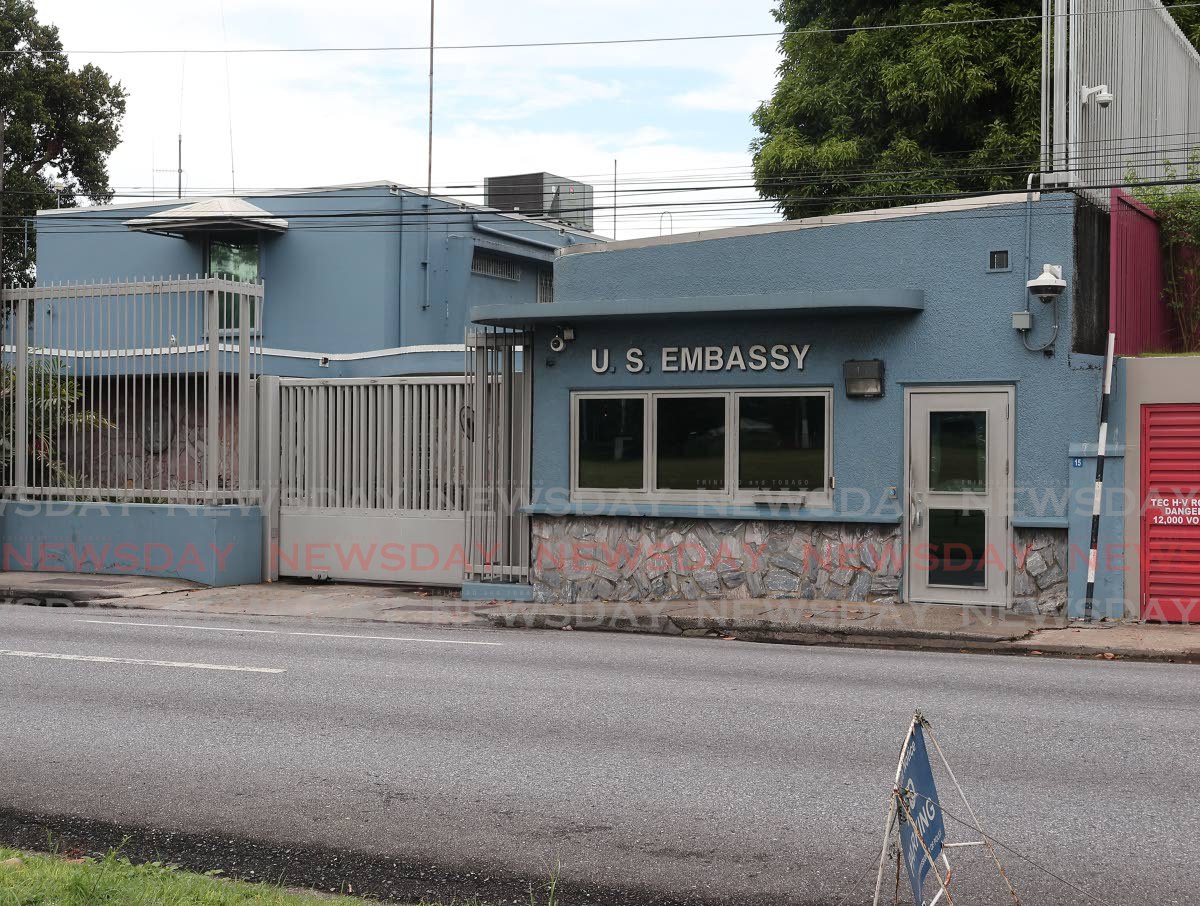The US State Department has issued a directive to embassies worldwide, instructing them to scrutinize applicants for US residency visas and green cards who have chronic health conditions. This policy aims to safeguard the American public purse from the financial burden of providing healthcare to immigrants with costly medical needs. Conditions such as cardiovascular diseases, respiratory illnesses, cancers, diabetes, and mental health disorders are specifically highlighted, as they often require extensive, long-term care. Visa officers are also encouraged to consider factors like obesity, which can lead to complications such as asthma, sleep apnea, and high blood pressure, in their assessments of whether an applicant might become a public charge. The directive emphasizes the need for applicants to demonstrate sufficient financial resources to cover their healthcare costs without relying on public assistance. Critics, including Guerline Jozef of the Haitian Bridge Alliance, argue that this policy could unfairly target immigrants and undermine their opportunities. Local health practitioners, such as Dr. Andrew Dhanoo of the Diabetes Association of Trinidad and Tobago, stress the importance of fairness, feasibility, and ethical considerations in implementing such measures. Dr. Rishi Ramoutar of Wellnest Caribbean Mental Health Specialists Ltd adds that policies linking visa eligibility to health conditions must balance public health concerns with the dignity and rights of individuals. The directive has sparked debate over its potential to reinforce stigma and discrimination, particularly against those with mental health conditions. Meanwhile, the prevalence of non-communicable diseases in Trinidad and Tobago underscores the broader challenges of managing chronic health issues globally.
